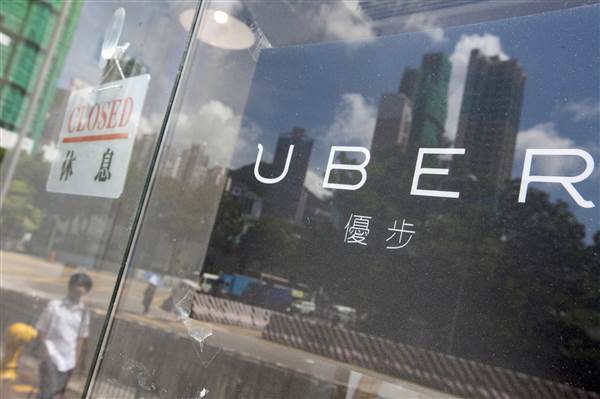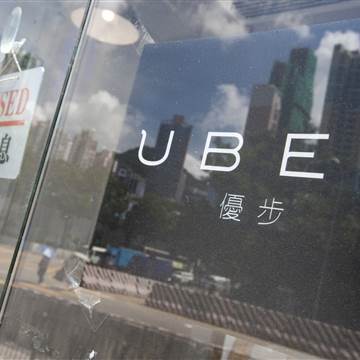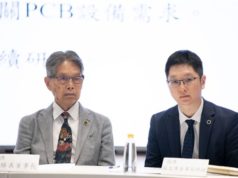The juicy lawsuit between Uber and Alphabet’s Waymo over the alleged theft of trade secrets will continue to play out in the public eye — something Uber had sought to avoid.
On Thursday evening, Judge William Alsup denied Uber’s request to move the case to private arbitration and referred the lawsuit to the U.S. attorney for investigation. In a sealed opinion, Alsup also granted a partial injunction against Uber.
Waymo had sought an injunction that could have required Uber to cease its self-driving car endeavors as the litigation played out in court.


Related: At the Center of a Lawsuit, Uber’s Self-Driving Car Boss Takes Back Seat
“This was a desperate bid by Uber to avoid the court’s jurisdiction. We welcome the court’s decision today, and we look forward to holding Uber responsible in court for its misconduct,” a Waymo representative told NBC News in a statement.
An Uber representative said in a statement it was “unfortunate that Waymo will be permitted to avoid abiding by the arbitration promise it requires its employees to make.”
“We remain confident in our case and welcome the chance to talk about our independently developed technology in any forum,” the statement said.
What’s at Stake
The lawsuit centers around whether Anthony Levandowski, who used to work at Google’s self-driving car division (now known as Waymo) and had led Uber’s self-driving ambitions, left the company with trade secrets. Levandowski is not named in the lawsuit but has remained a key figure in the proceedings.
After leaving Google last year, Levandowski’s self-driving truck start-up, Otto, was soon acquired by Uber — which, Waymo alleged in court proceedings, was a ruse to help Uber get its hands on Google’s self-driving secrets.
Uber announced in April that Levandowski would be taking a back seat, stepping down from his role leading the self-driving division. However, he remains heavily involved in day-to-day activities, but with one caveat. He’ll no longer work on LiDAR-related activities. Some critics have said the move is just about “optics.”
LiDAR technology, which is one of the key parts of a lawsuit Waymo has leveled against Uber, relies on laser beams to bounce off a car’s surroundings, essentially helping the self-driving car to “see” other cars, pedestrians and obstacles in its path.
In an email to employees announcing the change, Levandowski said he hopes his removal from all LiDAR projects will help “keep the team focused on achieving the vision that brought us all -.”
With the case now being referred to the U.S. Attorney’s Office, it’s highly likely the nastiest rivalry in Silicon Valley will only continue to get more heated.







